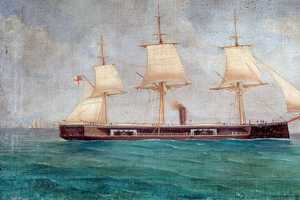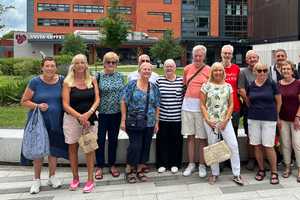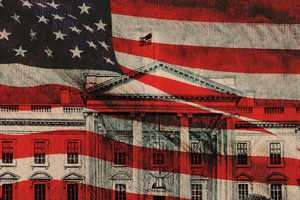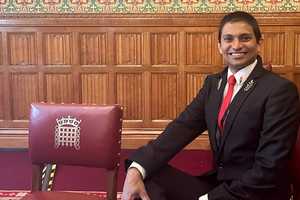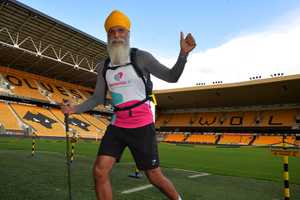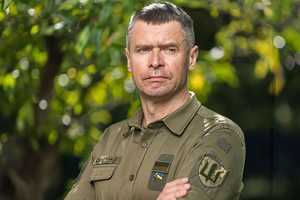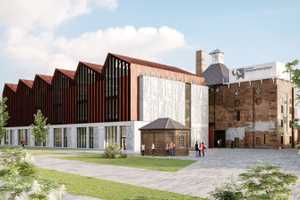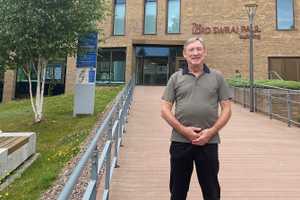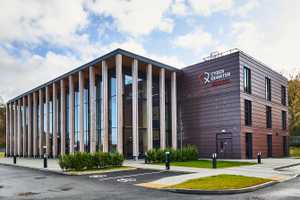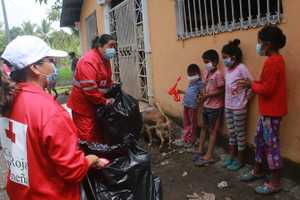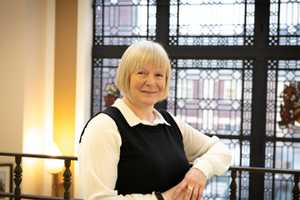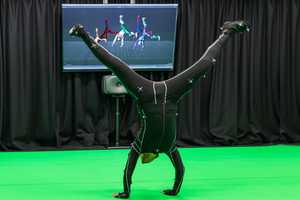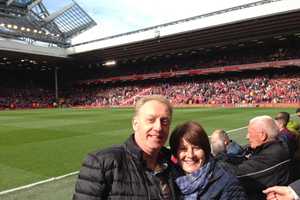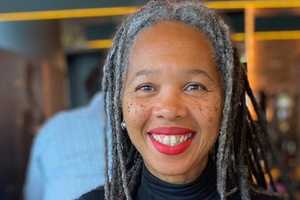"I should have known better. But, you know: you’ve got to push the boundaries a wee bit."
Journalist Julian Ryall, 53, has stood by this claim since his studies at the University of Wolverhampton and throughout his career as a reporter and correspondent across the globe.
In this case, he was casually referencing the time he was reprimanded by an American ambassador for sneaking away to photograph the streets of Pyongyang, North Korea – but we’ll get to that soon enough. While Julian now lives with his wife and children in Japan, his journalistic story began in the UK when he was a child.
Julian says: “From around the age of 12, I was always interested in foreign news. I suppose that was prompted by the war over in the Falklands. I can remember trying to tune in to the radio late at night under the bedclothes, listening to Brian Hanrahan and Robert Fox on the BBC.
“I was desperate at the time to follow in their footsteps and become a war correspondent so I could head off to places like that. I have to say that it was the time I spent at Wolverhampton that really gave me the desire to not just visit abroad, but live abroad.”
The University gave him the opportunity to spend a year in Aix-en-Provence, France, where he grabbed the experience with both hands – sometimes at the expense of his studies.
He admits: “Instead of going to classes, I spent most of the time hitchhiking around Eastern Europe. I had the wildest time. With a bunch of friends, we jumped on a train and travelled overnight to watch the Berlin wall come down. We saw people chipping blocks off the wall, we sprayed the wall, we went through Checkpoint Charlie, and all those sorts of things. Then I was in Czechoslovakia where I saw riots against the communists, then Slovakia, Prague, down to Hungary, and then Romania.”

Rules have rarely gotten in the way of Julian and a good story, so shortly after the Romanian communist dictator Nicolae Ceaușescu was executed, he managed to sneak into one of his palaces.
“It was literally about two months after Ceaușescu was shot and it was all very, very tense. There were lots of troops on the streets and lots of protests."
"But some local kids had broken in to one of his palaces, and we got our own tour of the inside.”
He found coming back to
Wolverhampton difficult after having seen so many new places, which also included Yugoslavia, Barcelona, Geneva, and the World Cup in Italy. That’s why, when everyone else on his course seemed to be applying for jobs at local newspapers and
news agencies, Julian was writing to newspapers across the globe.
Julian only received one follow-up to those letters, from a newspaper in New Zealand where they asked him to attend an interview in person. When Julian set his sights on travelling South America for a year, a friend of a friend who worked in Tokyo told him to come to Japan instead, promising that he will “absolutely love it."
Following a brief, unsuccessful stint as a teacher, Julian secured work with The Japan Times and his full-time journalism career began, which has led to work for publications across the world.
One of the most affecting pieces Julian covered was the 2011 Tohoku earthquake. “It was without a doubt the most awful thing I’ve ever had to cover.
I truly hope I never have to do anything like it again – but I’m pretty sure I will.
Julian arrived the day immediately following the disaster, stayed for ten days investigating and interviewing survivors and officials, and made the front page for the The Telegraph. His team returned numerous times over the following months, which marked a dark, affecting period in his career.

“In Kesennuma, they turned the local school gymnasium into a temporary morgue. Military trucks were pulling up full of bodies wrapped in blankets and they were unloading them off the back. I just stood there, wide-eyed."
“A little van pulled in, and it was an old guy. He called for help and some of the troops went over, and he had his wife wrapped in another blanket. The troops took her inside and as they walked through the double doors, you could see into this gymnasium. There were lines and lines of bodies, and an awful lot of kids.”
Recording and transcribing such awful events inevitably left its mark, and while Julian says that the group of friends he worked with coped via healthy doses of “drinking and black humour”, he admits to having felt a “bit shaky” for a while – even experiencing a temporary effect where the ground felt as though it was shaking, even when it wasn’t.
It hasn’t all been doom and trauma though, and there has been a fair amount of adventure. Julian recounts having helped edit state media from North Korea for a group named Chongryon, which led to “fabulous parties at their headquarters.”
Julian also visited the North Korean capital as a journalist and was invited to witness a grand parade that happened to be attended by the dictator Kim Jong-Il. After the parade, Julian managed to “shake the minder off” while he and his fellow reporters were being escorted back to their coaches.
“So I’m wandering around the back streets of Pyongyang with a camera. I must have stood out like a Martian would, if it popped down to England. I raised my camera to take a photo of a woman sweeping the streets. She screamed, and in a matter of seconds I was surrounded by a dozen people, all in different uniforms.”
This little escapade led to Julian receiving a “very stern letter” from the American ambassador, but as previously mentioned: “you’ve got to push the boundaries a wee bit.” Julian’s most impactful coverage may have concerned the HMS Poseidon, which led to a Telegraph front page as well as questions being asked in British Parliament, causing the UK Defence Ministry to apply pressure to the Chinese Embassy in London to explain their actions.
The HMS Poseidon was a submarine that was accidentally rammed by a Chinese freighter north of Weihai in 1931, killing almost the entire crew. A key fact remained unreported until Julian’s report in 2009: the Chinese military had secretly salvaged the downed vessel in 1972, disrupting a grave of British submariners.
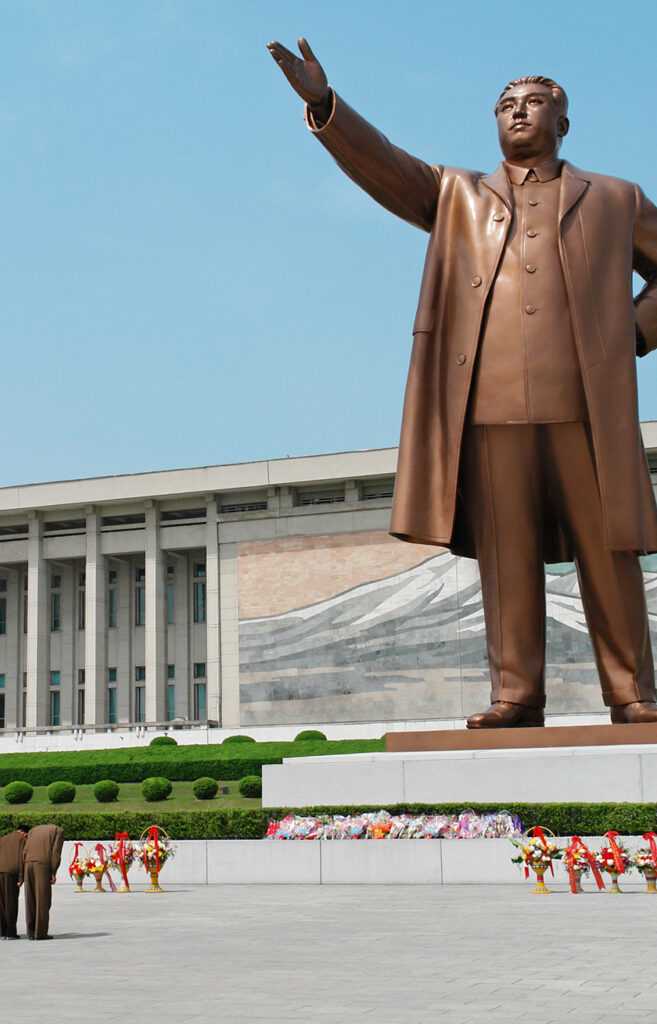

Julian’s reporting was the result of an undeclared and likely illegal journalistic visit to China, and his
articles led to questions being raised in both the House of Commons and Lords. International ressure incited the Chinese government to respond officially and admit that, yes, they had raised the submarine, but that no records or salvaged items had survived.
Julian says: “The British protest was that there were bodies on there, and we wanted to know why the Chinese government didn’t tell the UK, and what happened to the bodies or personal effects of the guys who went down with it?”
Julian admits that he no longer has the stomach for danger or visiting warzones anymore and says that “Robert Fox and Brian Hanrahan can have it”. However, he still considers himself fortunate for his career and finds satisfaction in the day-to-day storytelling and long-running appeal of journalism.
He closes by saying: “I’ve got the best job and I am the luckiest man in the world. I promise you, I get out of the bed in the morning and just love what I do."


